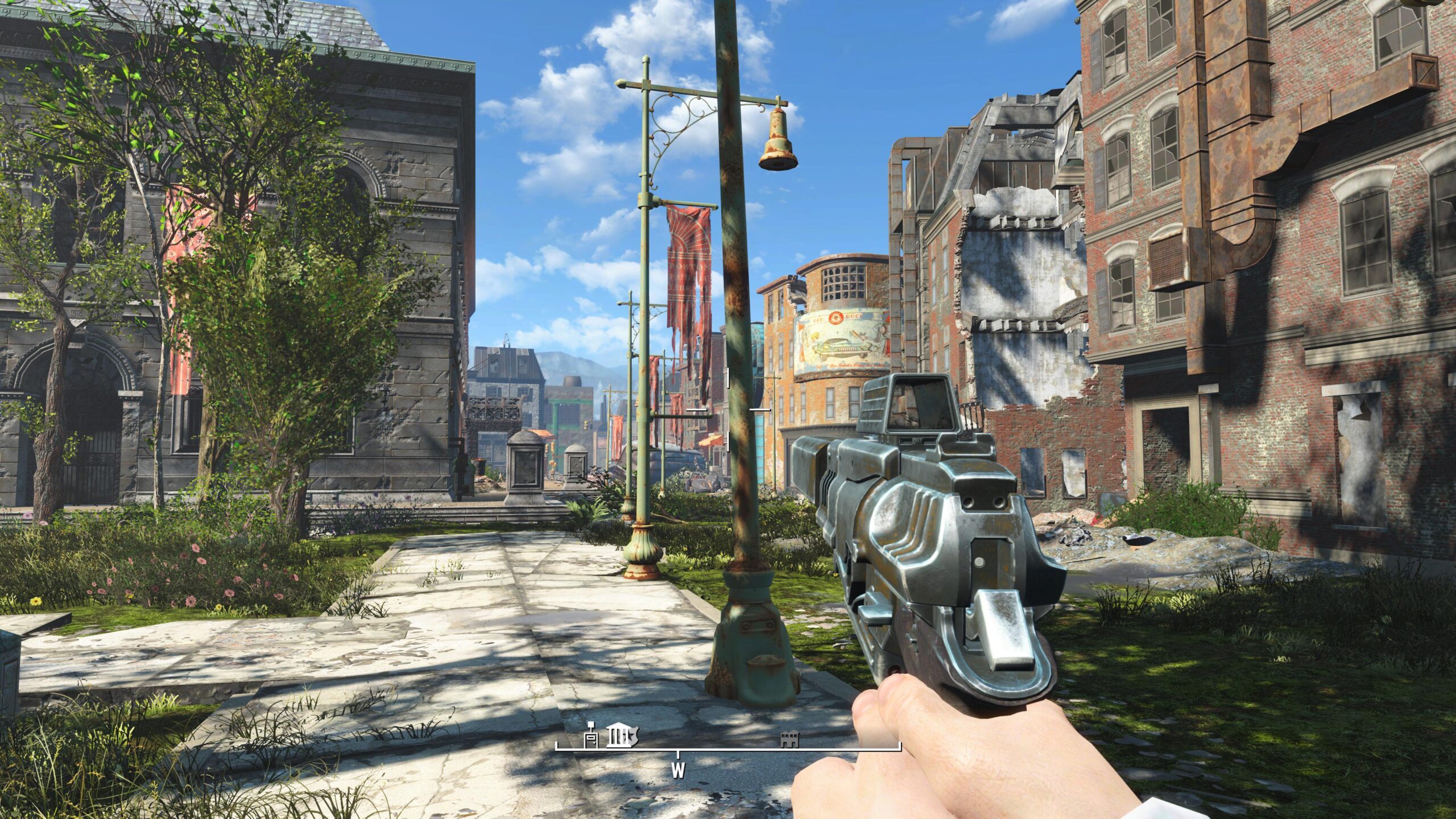The federal government is examining whether to revoke the citizenship of a man accused of plotting a terror attack in Toronto, Immigration Minister Marc Miller announced on Wednesday.
“I’m as disgusted as any Canadian. But I have a responsibility to investigate this matter thoroughly, and I will,” Miller stated during a morning news conference in Church Point, N.S.
He added, “I’m also taking the next step, which is to begin the preliminary work with the evidence at hand to determine if the individual’s citizenship should be revoked.”
Ahmed Fouad Mostafa Eldidi, 62, and his son Mostafa Eldidi, 26, are facing multiple charges, including conspiracy to commit murder for the benefit of or at the direction of a terrorist group.
When police announced the arrests late last month, they stated that the two men were “in the advanced stages of planning a serious, violent attack in Toronto.”
Authorities claim the father, who is also accused of committing an aggravated assault in 2015 for the benefit of the Islamic State outside of Canada, holds Canadian citizenship. Police said the son does not have citizenship.
Part of the case includes a graphic video allegedly showing Ahmed Eldidi participating in the 2015 assault.
Officials have not confirmed whether Eldidi obtained citizenship before or after the alleged assault abroad.
When asked about the timeline on Wednesday, Miller admitted, “I’d like to give a better answer, frankly, today, but I don’t have one.”
The minister has directed his deputy minister to review the timeline of events, including what was known and when.
“I hope to be able to provide answers in a relatively short timeline about what happened,” he told reporters.
Miller added that he may be limited in what he can disclose, given the ongoing court case.
“Canadians deserve answers,” he said.
Canadian citizenship can be revoked if it was obtained through false representation, fraud, or by knowingly concealing significant information.
When Immigration, Refugees and Citizenship Canada (IRCC) suspects misrepresentation, it has the authority to launch an investigation and gather evidence. The department must notify the individual under investigation and provide them with an opportunity to respond to the allegations.
If the department believes revocation is warranted, the minister can initiate proceedings before the Federal Court. The court then decides on the revocation unless the individual requests that the minister make the final decision. Additionally, the Federal Court can declare a person inadmissible on grounds of security, human or international rights violations, or organized criminality.
This process was introduced through contentious amendments to the Citizenship Act and a subsequent court ruling during the Liberal government’s first term.
The Liberals had campaigned on reforming the citizenship revocation process, reversing many changes made by the previous Conservative government. This debate led to Prime Minister Justin Trudeau’s well-known statement, “A Canadian is a Canadian is a Canadian.”
In 2017, the Liberals passed legislation that received royal assent, removing a provision in the Citizenship Act that allowed the revocation of Canadian citizenship from dual citizens convicted of terrorism, treason, or espionage.



